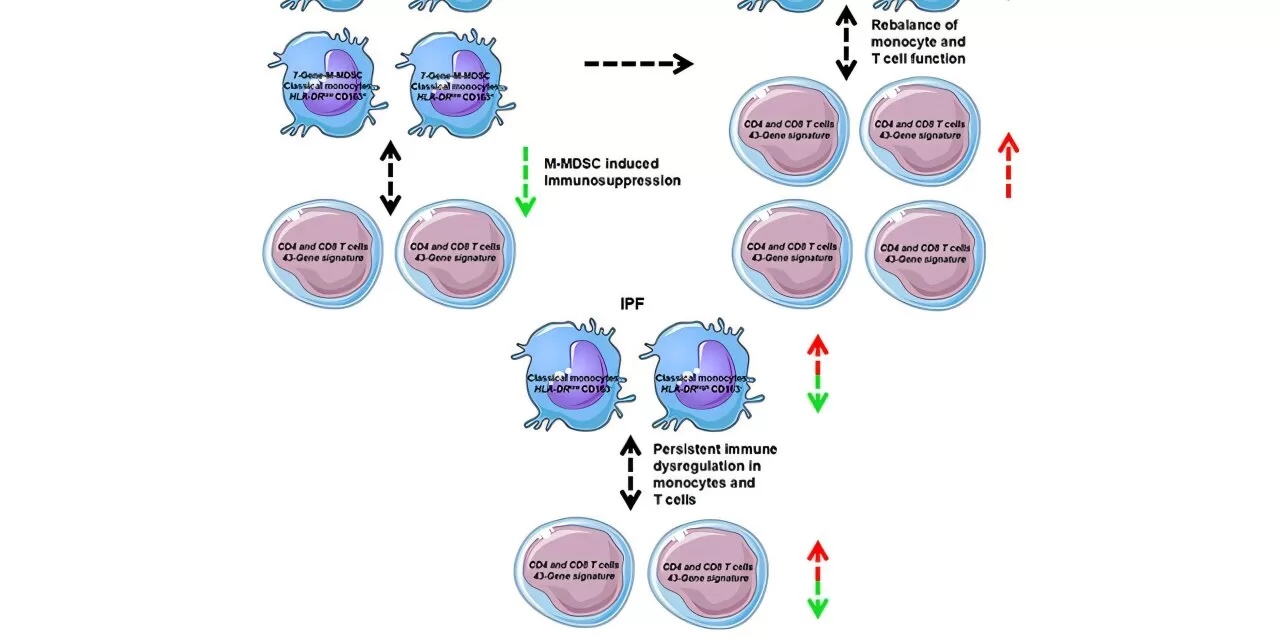Tampa, FL – A groundbreaking study by University of South Florida researchers has revealed a surprising finding: pulmonary fibrosis, a typically irreversible lung disease, may actually improve in some patients who contracted severe COVID-19.
Pulmonary fibrosis, characterized by scarring in the lungs, significantly hinders breathing. However, Dr. Jose Herazo-Maya, director of the Ubben Center for Pulmonary Fibrosis Research, observed an unexpected trend in patients who developed the condition after severe COVID-19 infections.
“The importance of this finding lies in the fact that pulmonary fibrosis after COVID-19 tends to resolve, unlike idiopathic pulmonary fibrosis (IPF) which always progresses,” emphasized Dr. Herazo-Maya. “Understanding the factors that lead to this resolution in COVID-19-related fibrosis could revolutionize treatment approaches for other forms of the disease.”
The study, published in the American Journal of Physiology-Cell Physiology, delves into the immune system’s role in both COVID-19 and IPF. By analyzing gene expression in different types of immune cells, the researchers discovered that specific genes in monocytes, a type of white blood cell, suppress T cells in COVID-19 patients, increasing the risk of severe illness.
Interestingly, these suppressive cells, known as 7-Gene-M-MDSC, seem to disappear in patients who develop pulmonary fibrosis after surviving severe COVID-19. This allows T cells to regain their function, potentially contributing to the unexpected improvement in lung condition.
“While 7-Gene-M-MDSC are associated with increased COVID-19 mortality, their disappearance in post-COVID-19 pulmonary fibrosis may be a key factor in the observed resolution of the disease,” explained lead author Bochra Tourki.
The researchers believe that understanding the interplay between these immune cells and genes could pave the way for novel therapies to treat not only COVID-19 but also other forms of pulmonary fibrosis, including the more common and progressive IPF.
“By modulating the expression of these identified genes, we may be able to develop treatments that improve survival rates for patients with both COVID-19 and IPF,” said Dr. Herazo-Maya.
This study provides a crucial step towards overcoming the challenges posed by pulmonary fibrosis and offers hope for improved treatment outcomes for patients with this debilitating condition.
Disclaimer: This news article is based on the provided information and should not be considered medical advice.
Note: This article has been refined for clarity, conciseness, and readability while maintaining the core information from the provided source.












